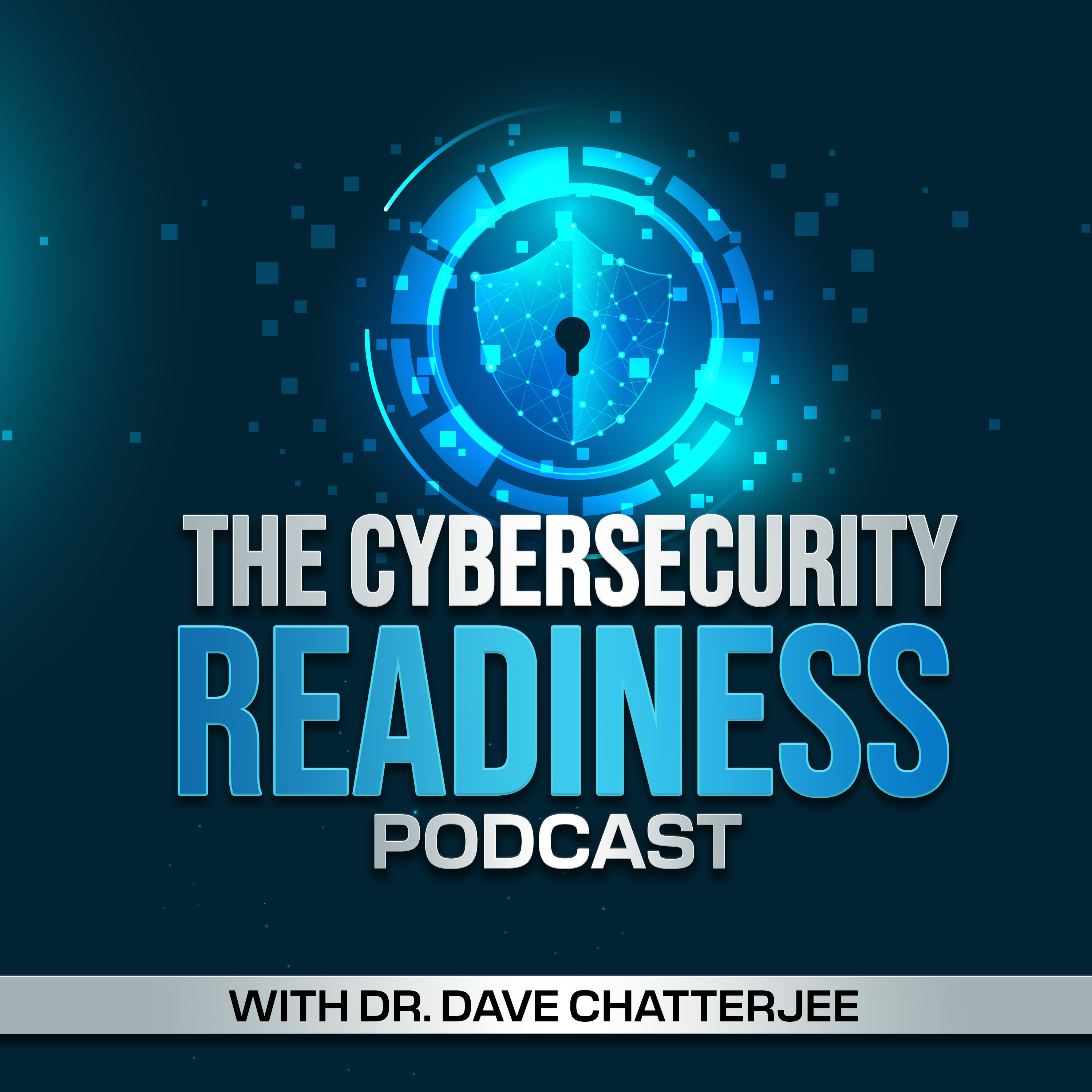The Challenges and Best Practices of Cyber Security in Emerging Markets
Description
“While developed markets may today bear the brunt of cyber breaches, emerging markets are no less vulnerable. Their risks arise from weak processes and governance, the complexity of global supply chains, the need to remain low cost to attract investment, and the rapid adoption of technology without adequate cyber defenses.” Andre Keartland, Solutions Architect at Netsurit, Johannesburg, South Africa, speaks to these realities and offers guidance on managing cyber risks and implementing robust security solutions.
Time Stamps
00:49 -- We have a lot to talk about. But let's first talk about your professional journey.
04:05 -- It would be beneficial if you shared with listeners what we mean by emerging markets. You could talk about that first before talking about the trends.
07:20 -- Bottom line, it is my hunch that the cybersecurity phenomenon doesn't discriminate, every country, whether they are part of the emerging block or the developed block, the experiences are kind of similar. What do you think? What are your reactions?
09:54 -- Research finds that risks to emerging markets arise from four areas: 1) the complexity of supply chains; 2) the need to remain low cost to attract investments; 3) the rapid spread of technology without adequate availability or awareness of training; and 4) weak regulations. Would you agree with these?
15:46 -- Andre, you're based in South Africa. Let's say some of the listeners might be interested in working or starting a venture there. As they evaluate the business scene, the pros and cons, how should they look at cyber security as a risk factor? What would be your message to them?
20:57 -- The initial bonding and acquaintance phase is challenging when establishing reliable outsourcing relationships. Andre, any thoughts on that?
25:09 -- What can organizations in the developed world learn from organizations managing cybersecurity in emerging markets?
32:05 -- In developing markets, organizations are more alert, more hungry, and more motivated in putting in place the best possible cyber governance practices. So, the sharing of knowledge, the sharing of experiences can be hugely beneficial. Your thoughts?
43:20 -- I always like to give my guests the final word. So now is your time for some final thoughts.
Memorable Andre Keartland Quotes/Statements
"There might be a perception that developed markets aren't as much of a target, which makes them more of a target because it makes it appealing for the attackers."
"There's even a trend of attackers doing proof of concept of the threats inside an emerging market before they go mainstream and try to attack Fortune 500 companies in North America."
"Threats have no boundaries; once they get going, they affect everybody."
"A low cost model often drives economies in the developing markets. That leads to a mentality and an approach where the organizations will then say, well, let's try and cut our costs as much as possible; let's invest in the core of our products, product development, building, the factory. Supporting functions, like cybersecurity, like governance, become de-prioritized."
"What I recommend in general, when going into any emerging market, and as somebody who's now done business in many, many different countries, you need to take a view of the legislative framework. You need to understand whether the local legal system enforces things like copyright, intellectual property, and privacy laws; sometimes, those are not high priorities in emerging markets."
"The best way to get your skills is to build your skills, get the people in the door, put in place training programs, put in place...
More Episodes
IBM recently reported a 71% year-over-year increase in attacks using valid credentials. This continued use of stolen credentials is also evident through ongoing public incidents like the string of attacks targeting Snowflake's customers that resulted in breaches at AT&T and Advanced Auto...
Published 11/20/24
Published 11/20/24
Accelerating into the cloud without caution often brings complexities that can cause more harm than good. Gartner has noted that cloud configuration errors cause 95% of cybersecurity breaches. With the rapid pace of cloud adoption, less time is spent ensuring systems are built and operated...
Published 11/01/24


